The jury is out on the public perception of diesels despite the new WLTP emissions regulations finally giving a fairer indication of what both diesel and petrol engines actually emit from the tailpipe. But close scrutiny does show that the latest WLTP diesels are genuinely cleaner at the tailpipe than some older petrol engines. For now, it’s hard to see how larger SUVs can survive without diesel power, as hybrids are not effective on fast motorway runs. The future of diesels is another case of ‘watch this space’.
Government eyes means of taxing electric chargers
EV owners rejoice in the fact that, when charging at home and especially using an off-peak tariff, a 300-mile vehicle can be fully charged for little more than the cost of a gallon of diesel. That may change in the future, however, as a critical mass of EVs on the roads is reached and governments start to feel the pinch from lost tax on road fuel.
The Automated and Electric Vehicles Act 2018 mandates that all government-funded home charge points for electric vehicles installed from July 2019 must use smart technology allowing them to be accessed remotely and capable of “receiving, interpreting and reacting to a signal”. This means that smart chargers will be connected to the electricity supply company, allowing it to reduce or delay charging so the local distribution can cope with mass EV charging at peak periods.
Distribution companies say there’s no shortage of energy in the national grid, so this move should remove a key technical obstacle at local level. Users will have the ability to override this if they need a charge quickly. By the end of 2018, the government had supported the installation of 60,000 domestic charge points through the Electric Vehicle Homecharge Scheme grant and the grants will remain at the current level of £500.
The downside is that smart chargers also offer a mechanism for levying a fuel tax on EV charging, separate from the rest of the household supply. Domestic electricity is already subject to VAT at 5% in the UK and business electricity at 20%. So EV drivers are currently paying 5% VAT for charging at home and 20% VAT when charging at a public network such as Ecotricity (pictured, right).
That said, using a slow, 10 amp charge cable to charge from a domestic socket at home might be a loophole. On the plus side, smart chargers could mean lower charge prices for EV owners as electricity suppliers compete to provide the cheapest ‘EV home charging tariff’.
Why sharing is good for us all
The PSA Group, encompassing the Citroën, DS, Opel/Vauxhall and Peugeot brands, is one of the latest to reveal a new platform. Its ‘multienergy’ Common Modular Platform (CMP) and a variant, eCMP for EVs, was launched late last year, just days before Volkswagen’s dedicated EV, MEB platform.
Modular platforms are all the rage these days and will be key to future developments because they streamline production, make introducing variants easier and faster and reduce manufacturing through economies of scale.
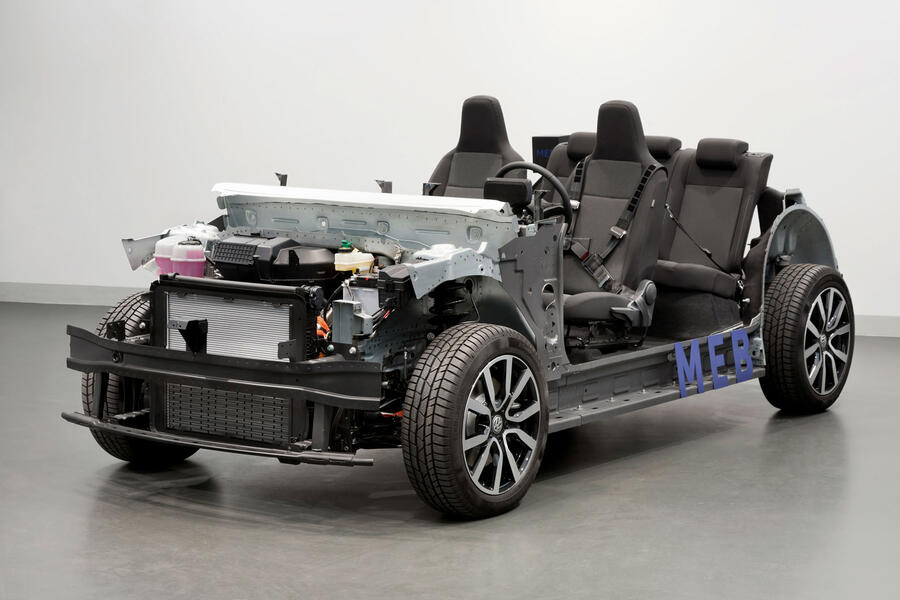
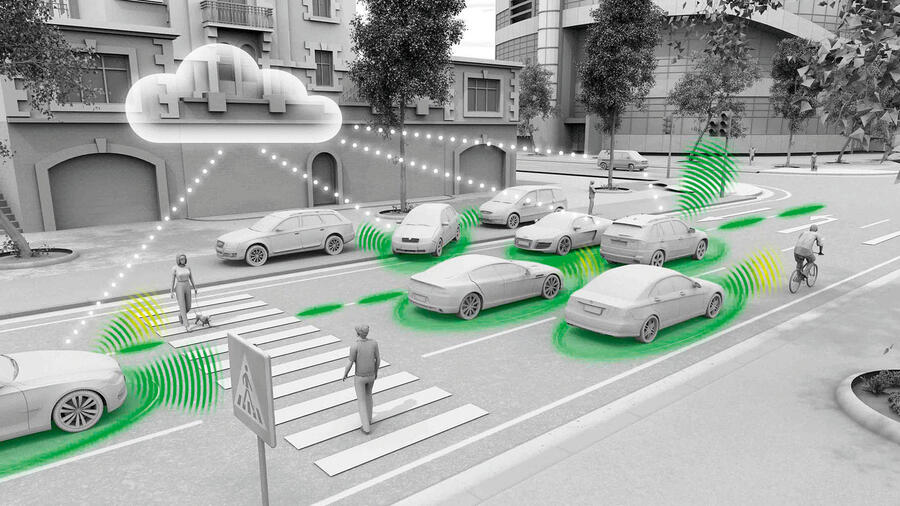

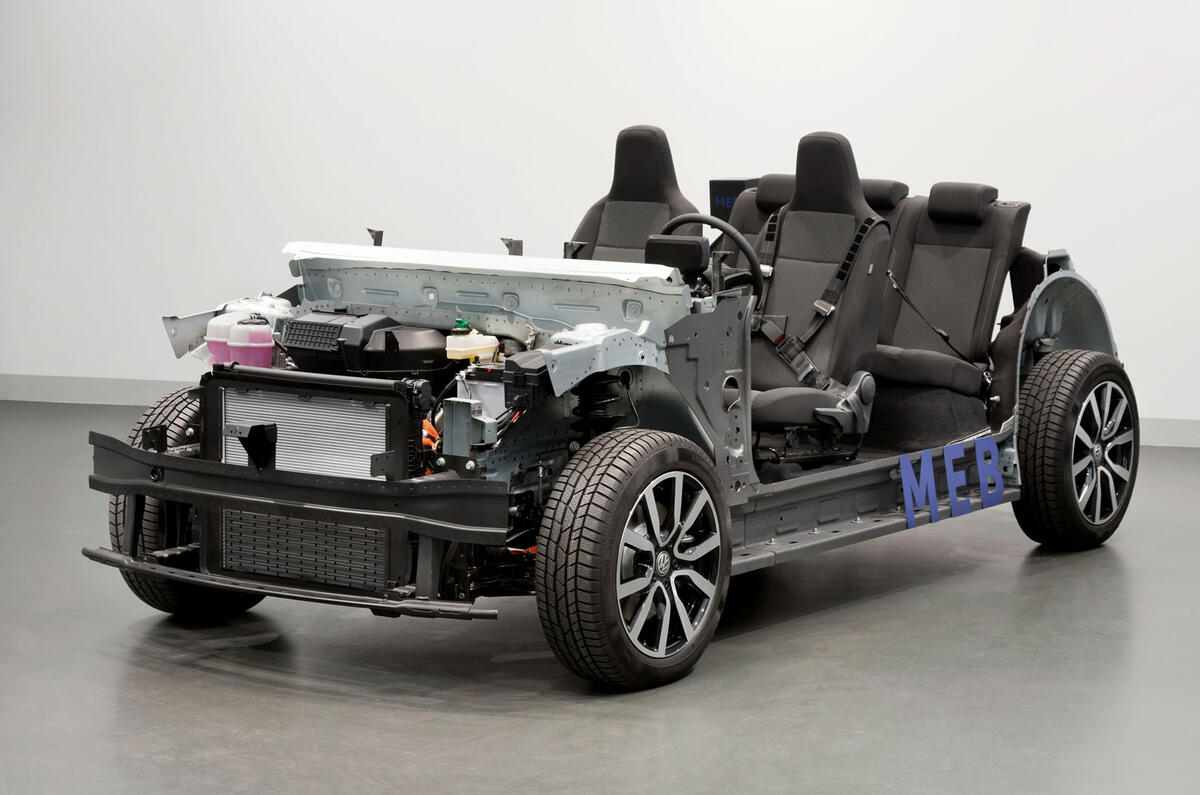
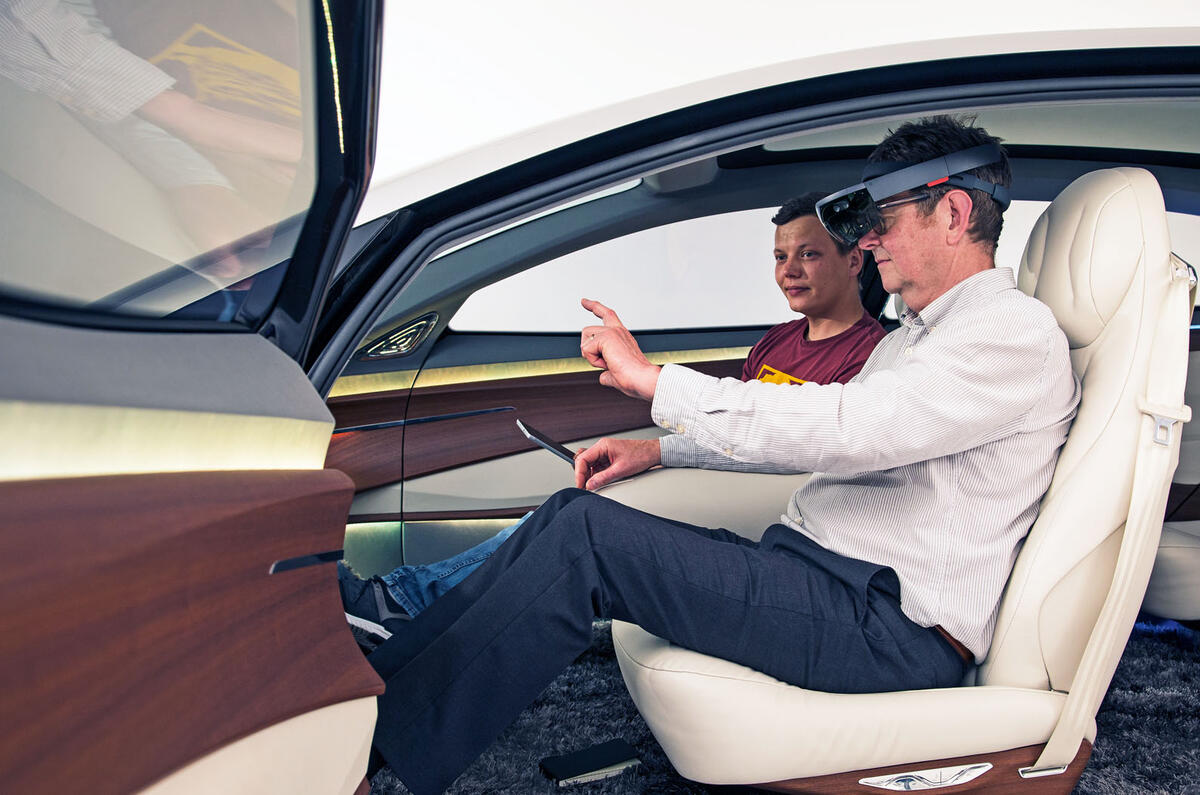
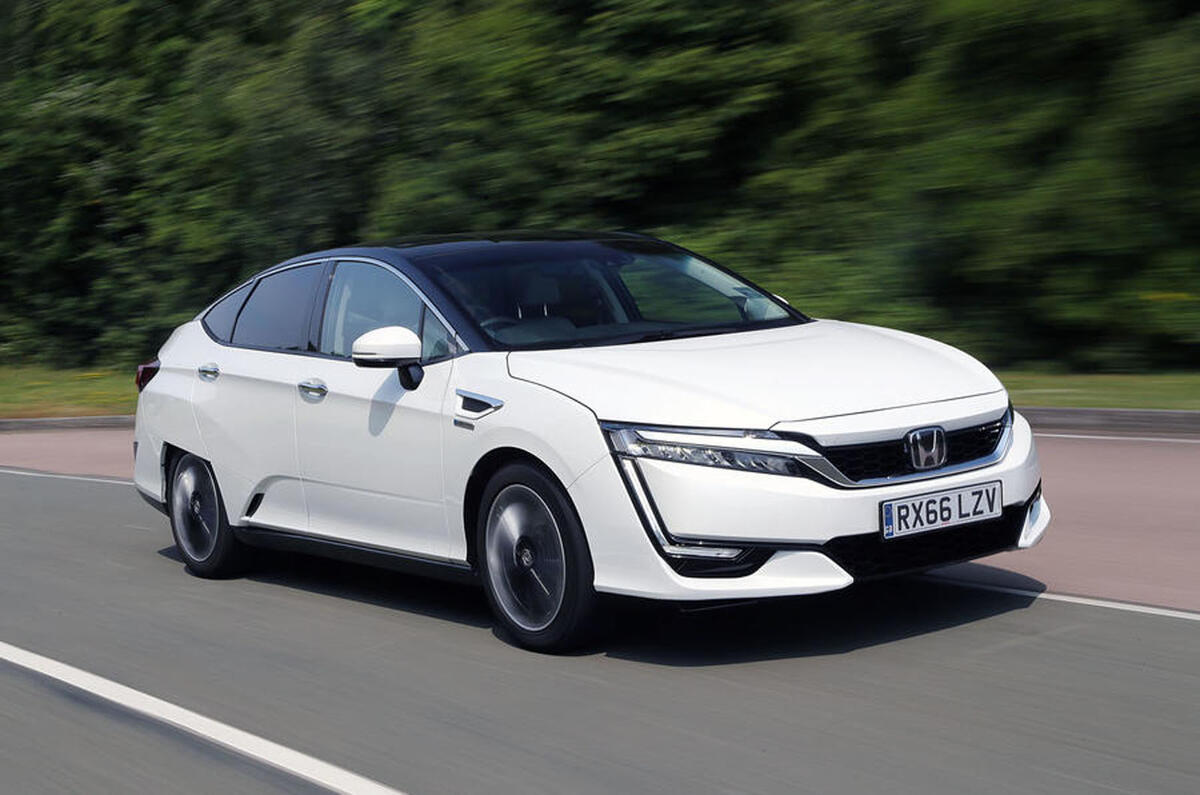
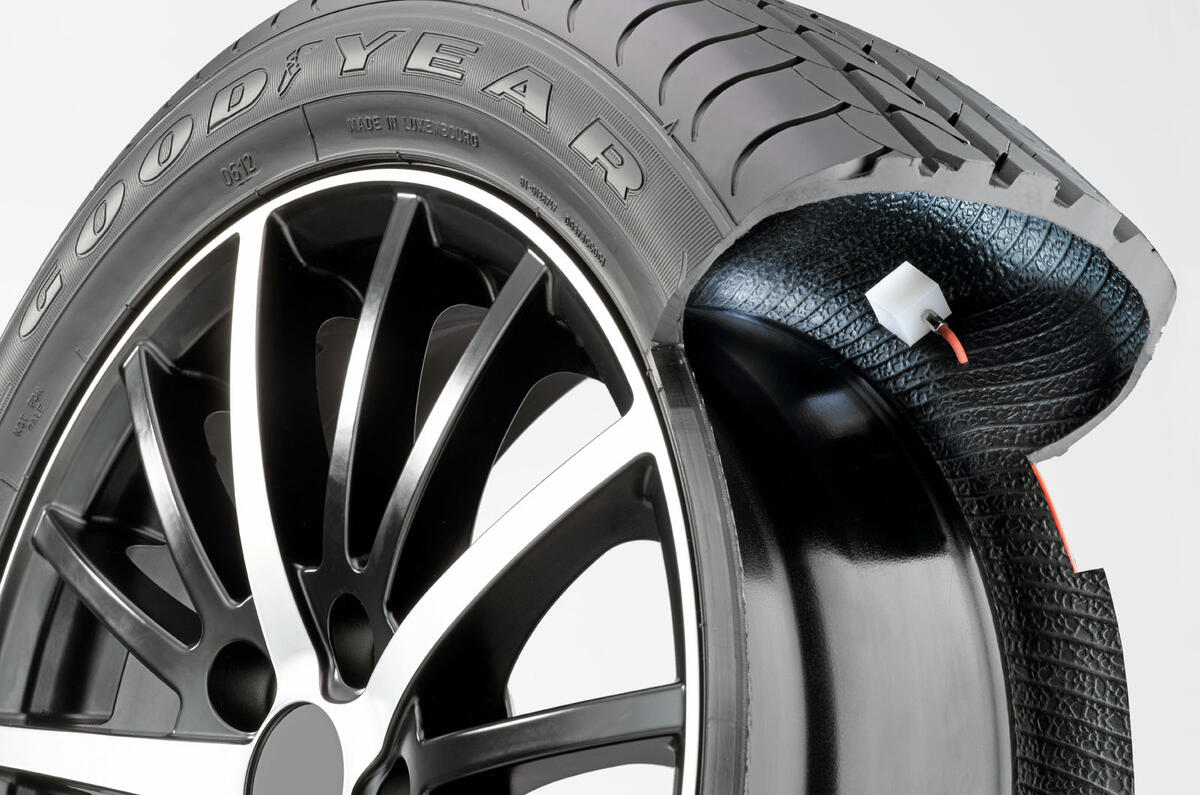
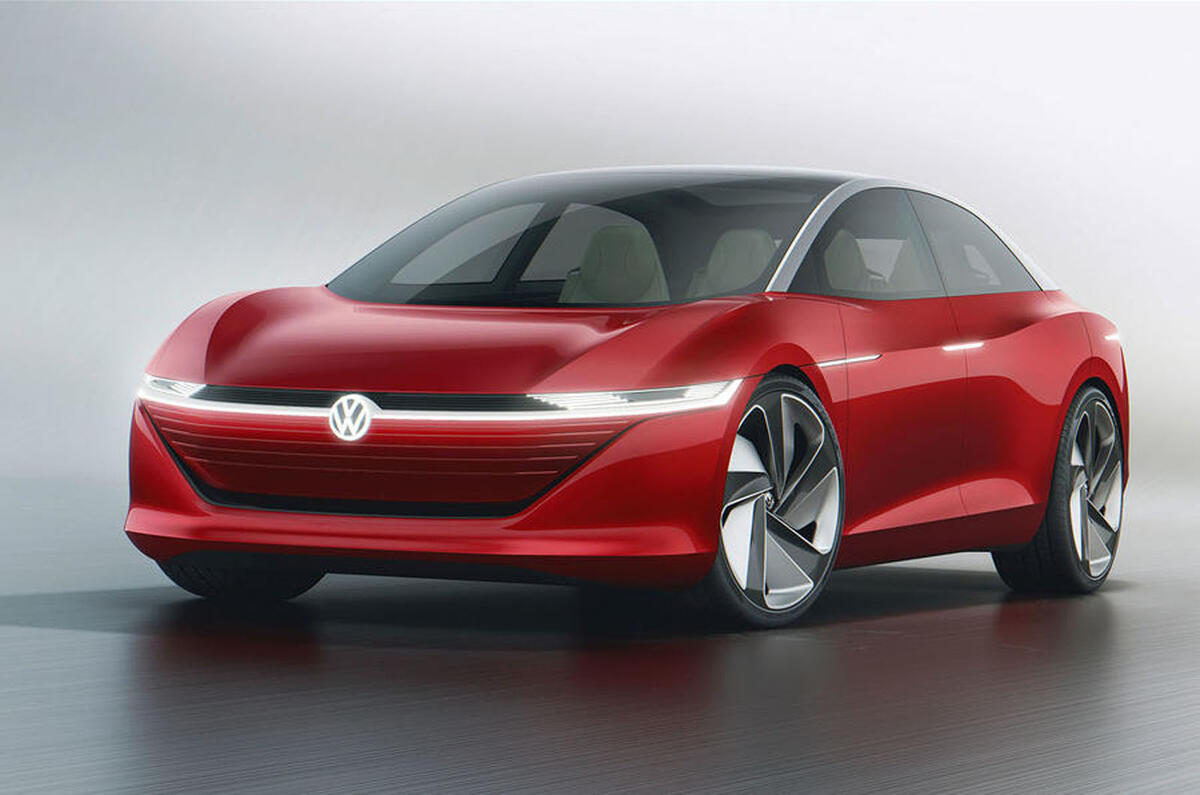
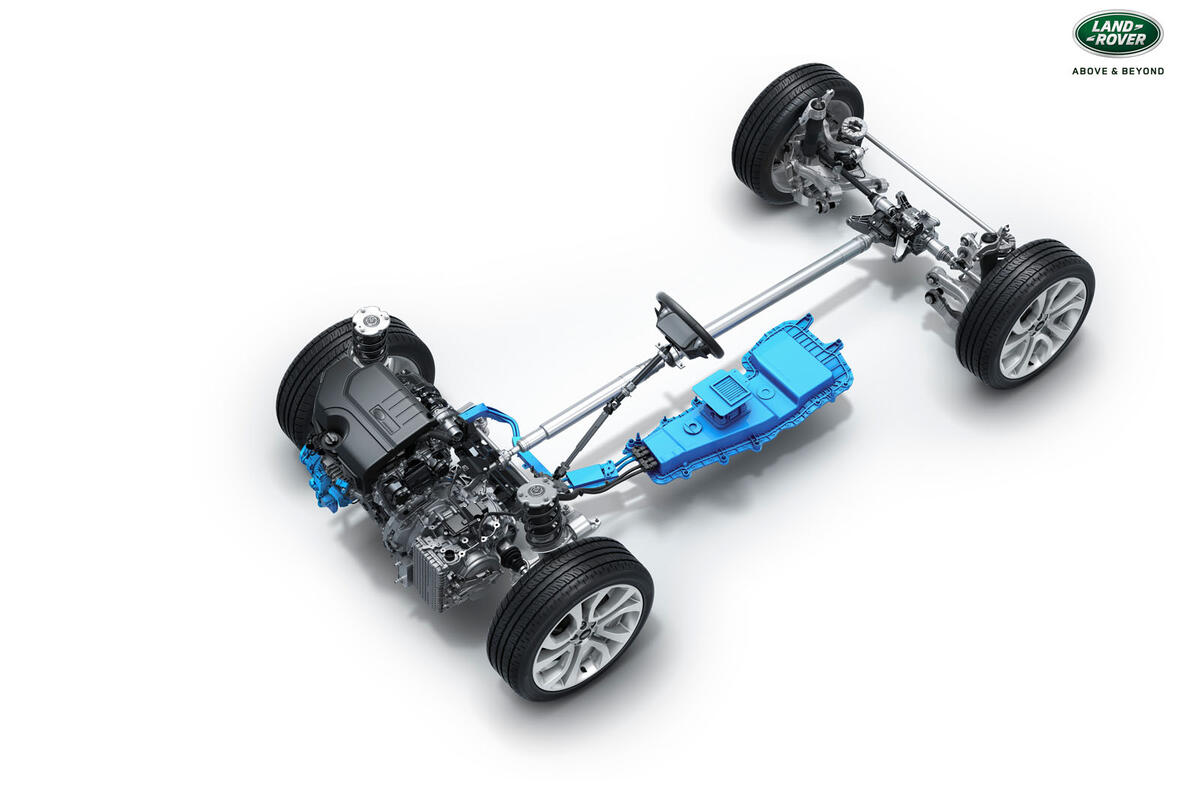

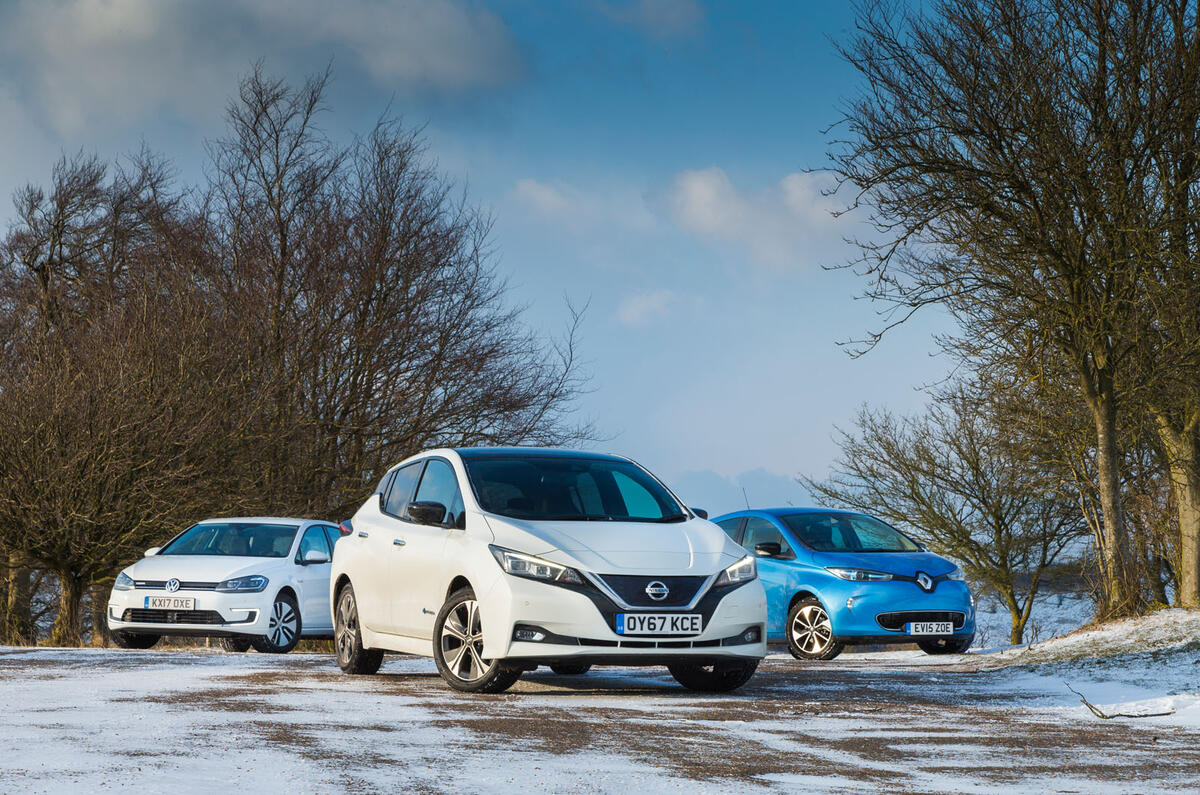
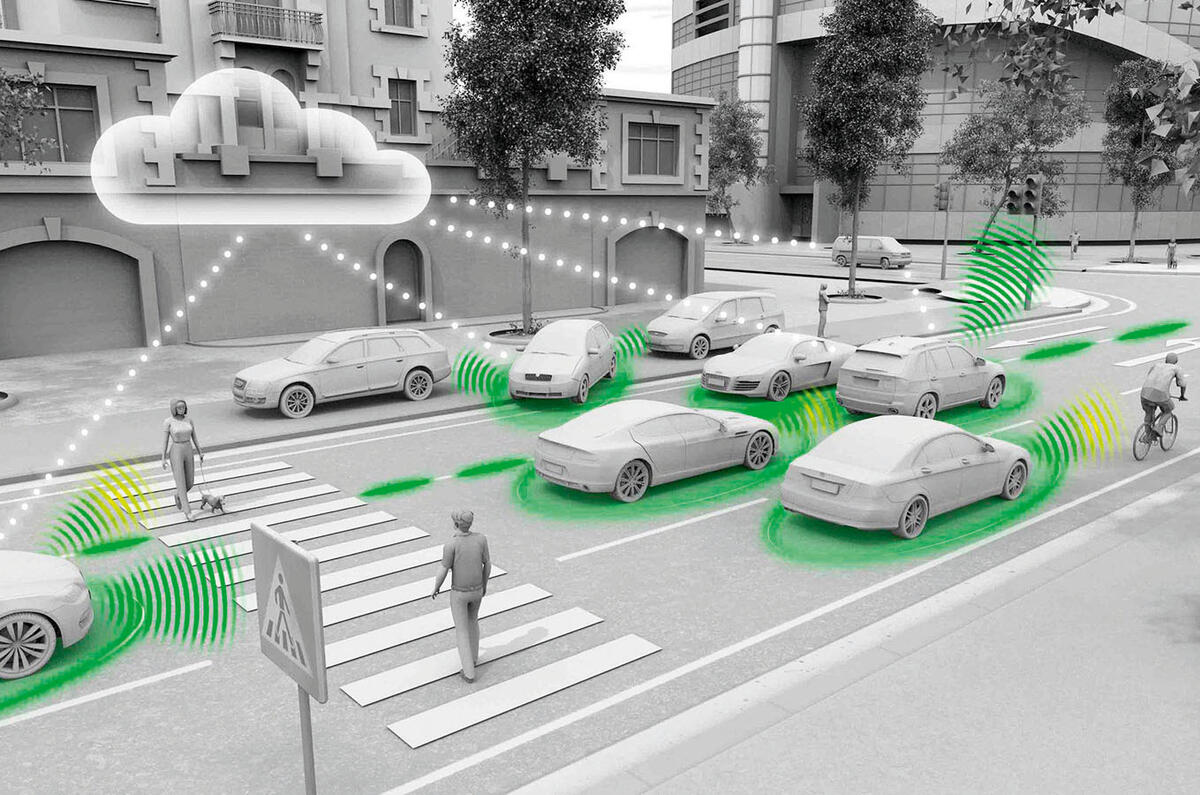
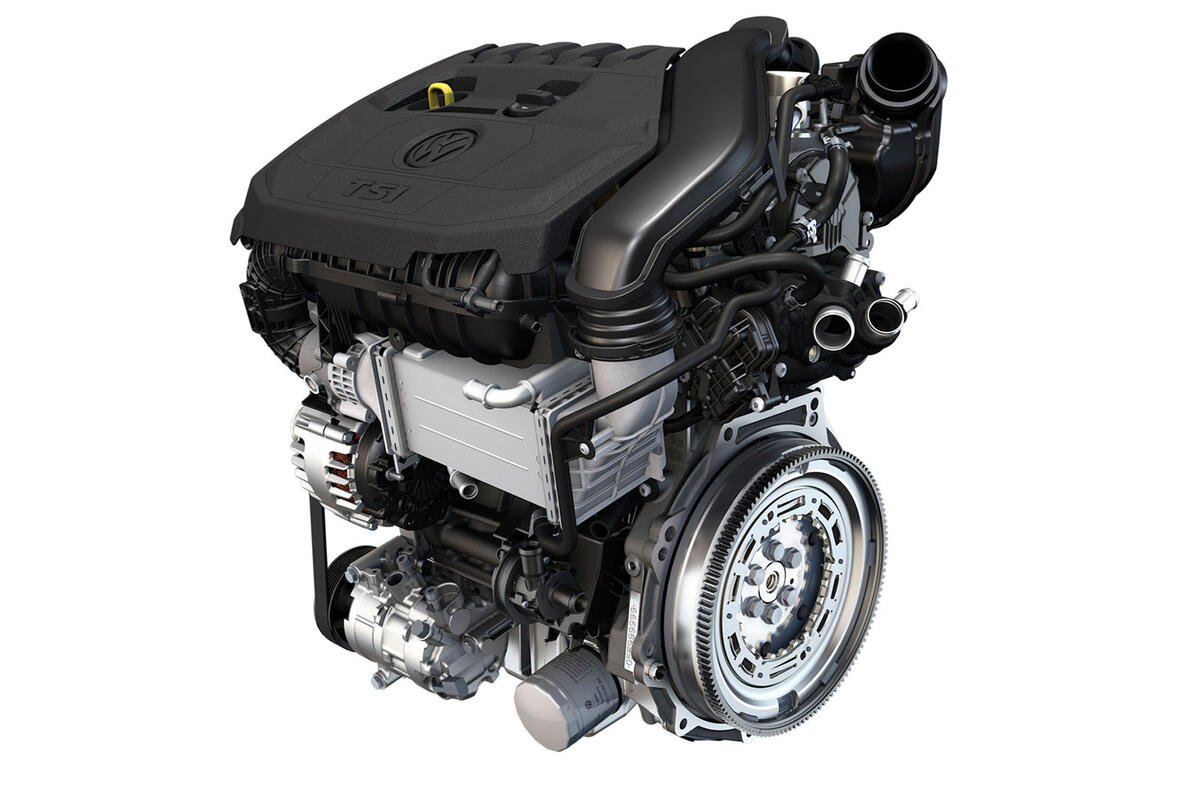
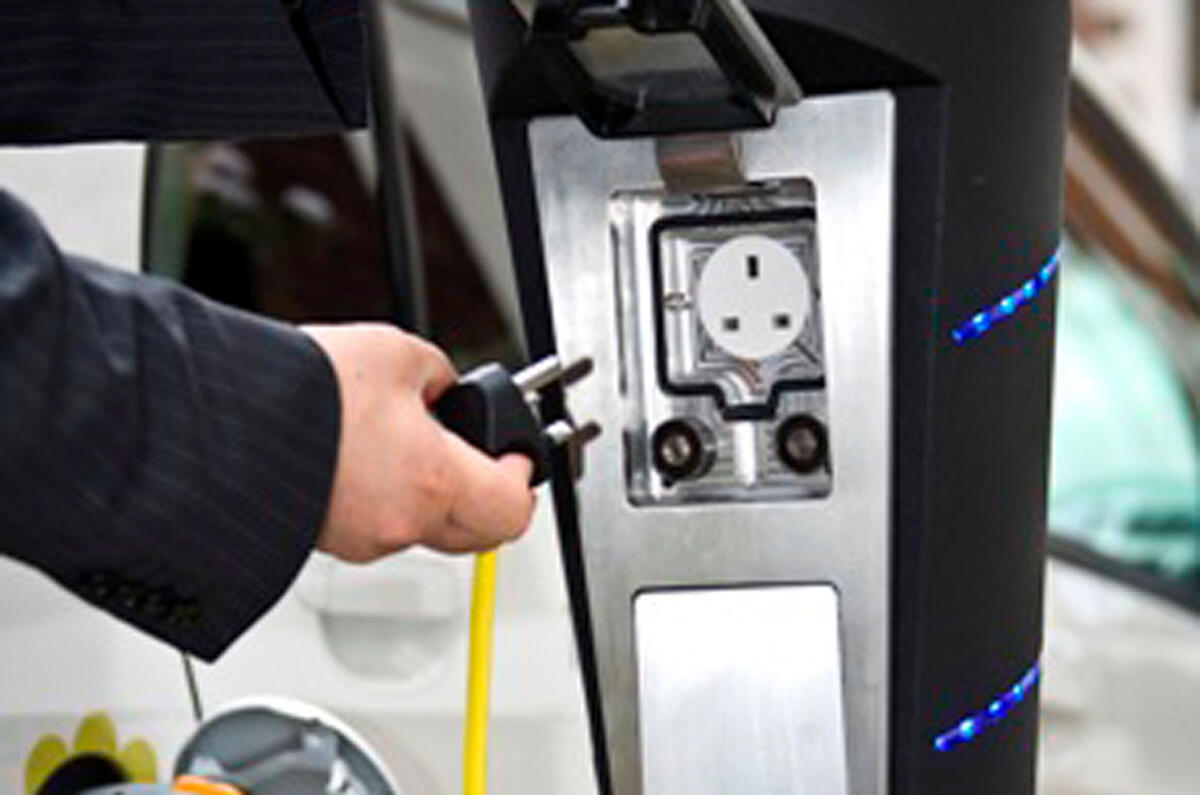
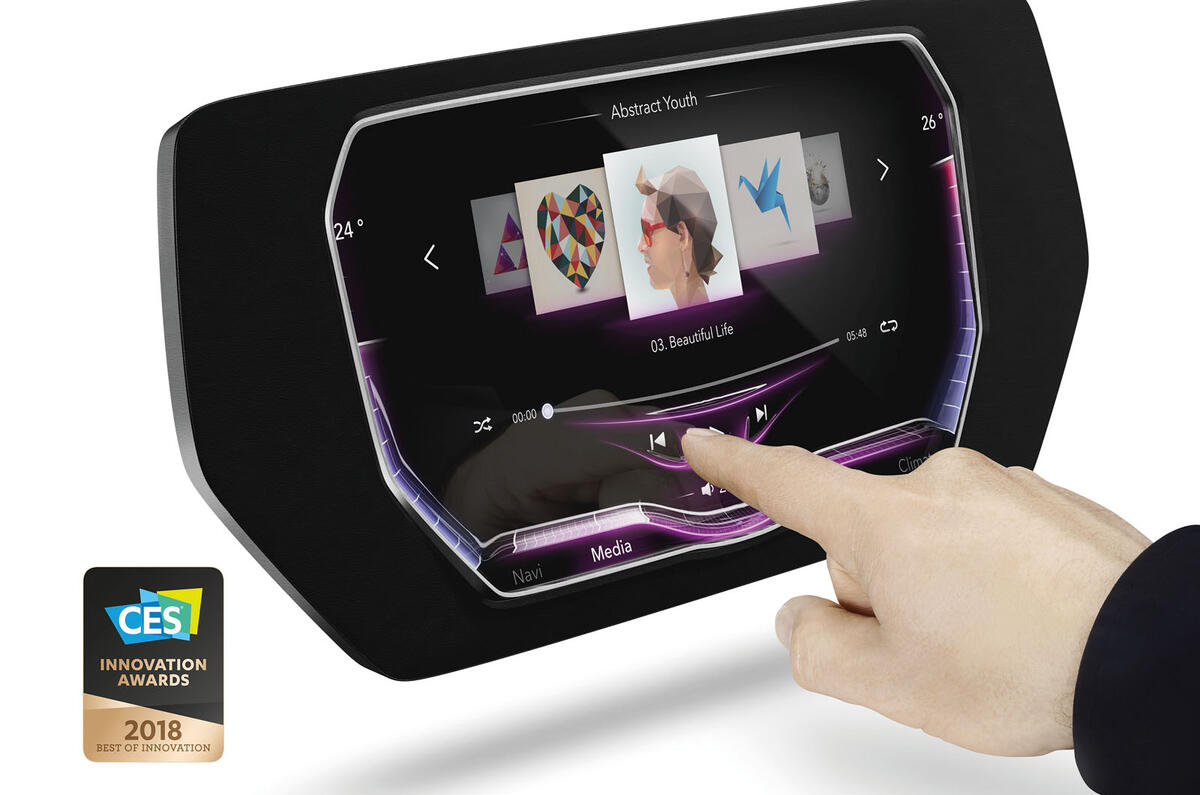
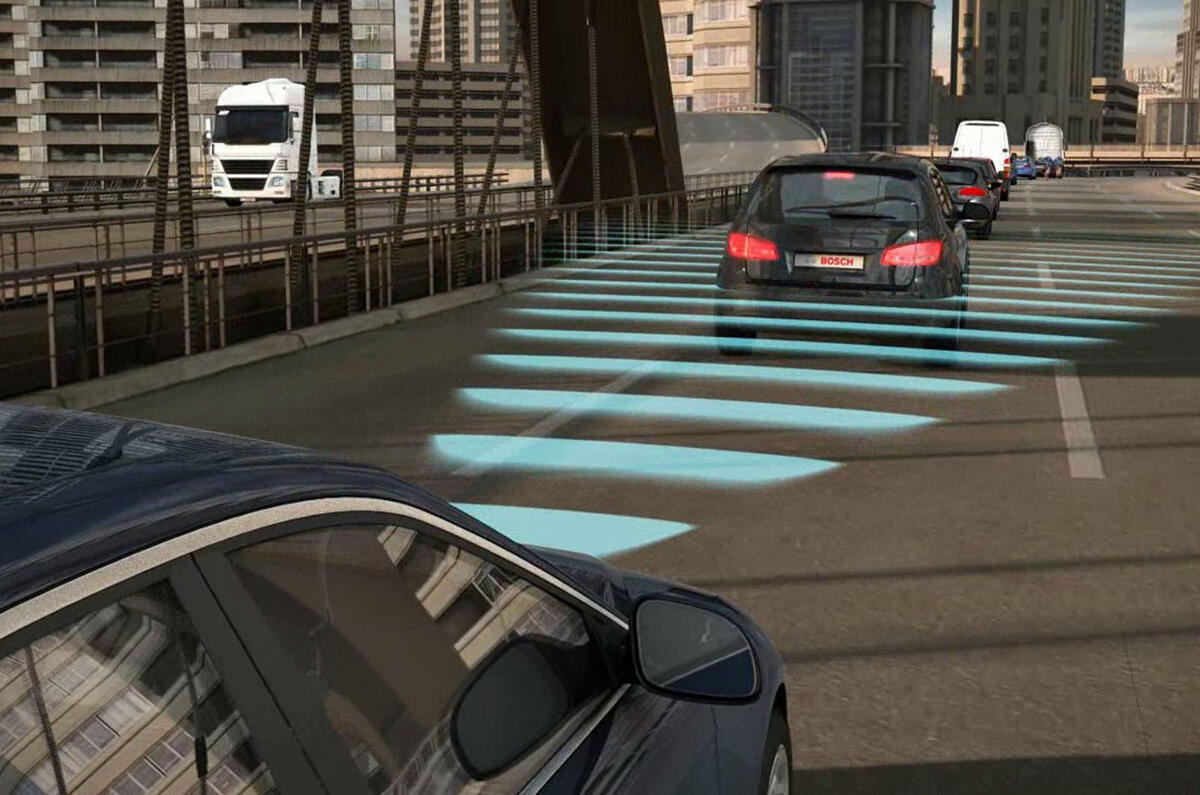


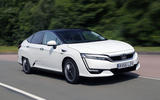

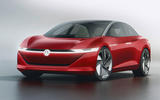



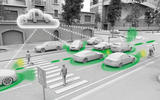

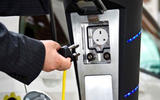



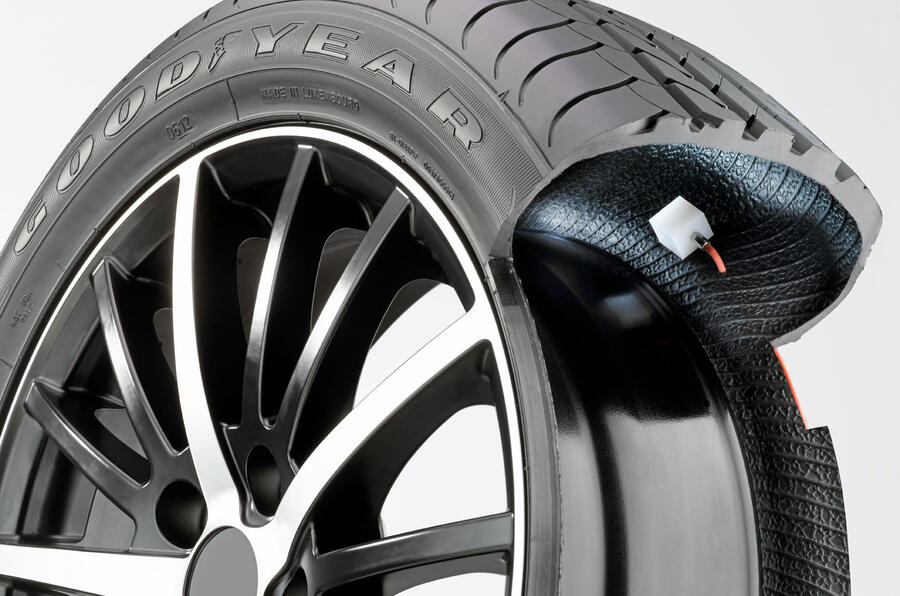
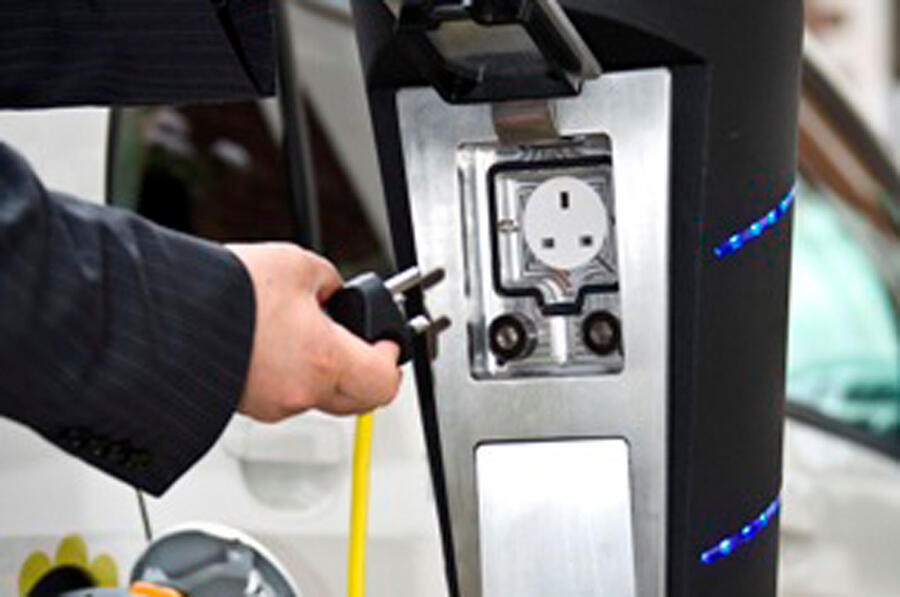

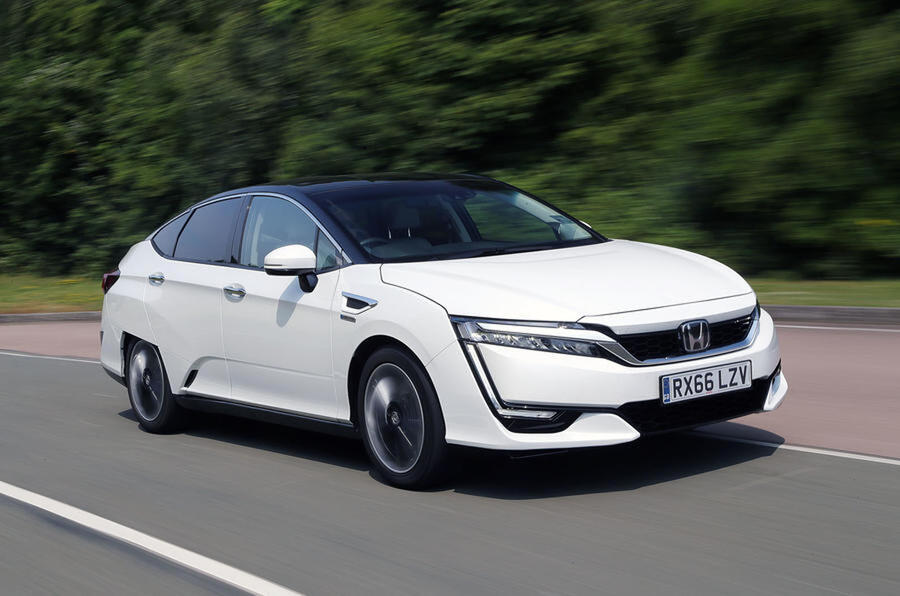
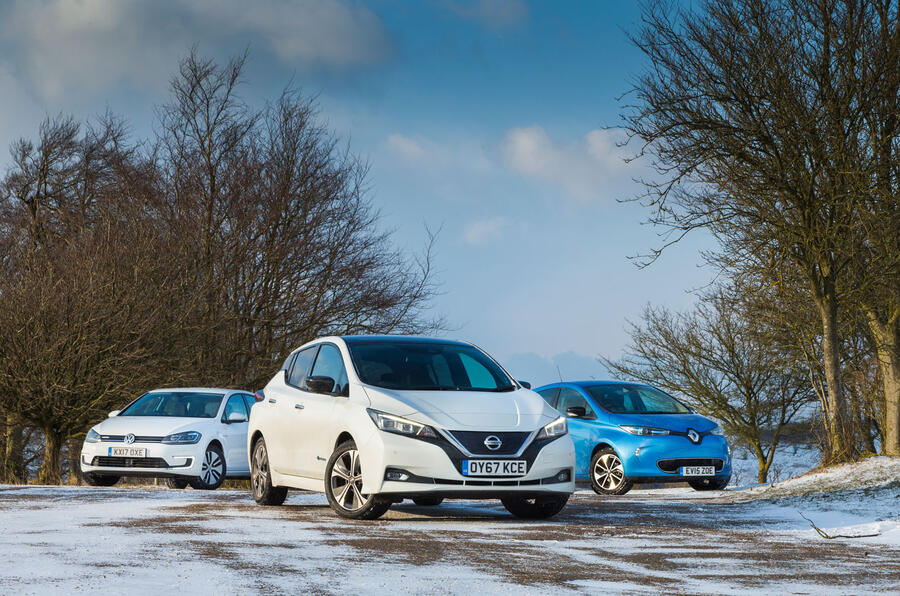
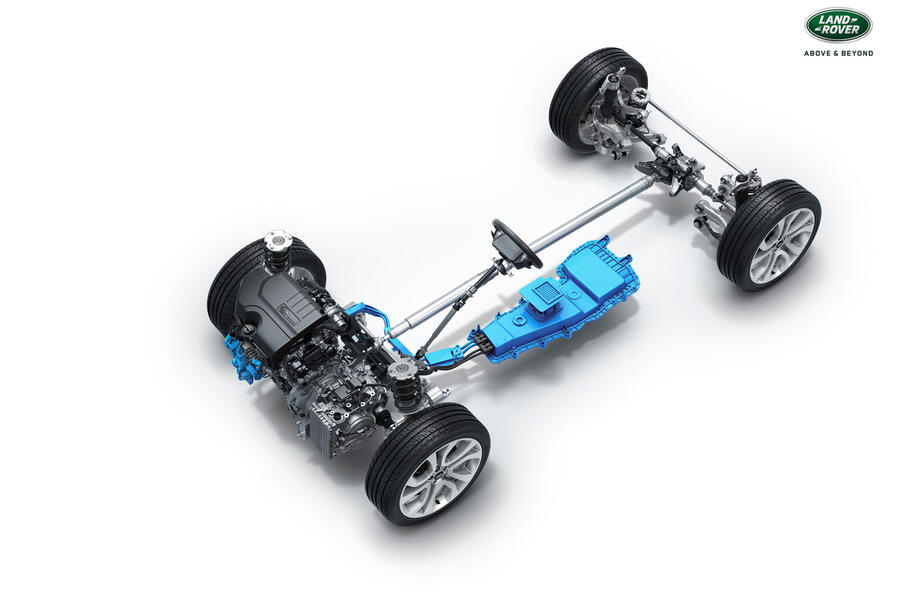
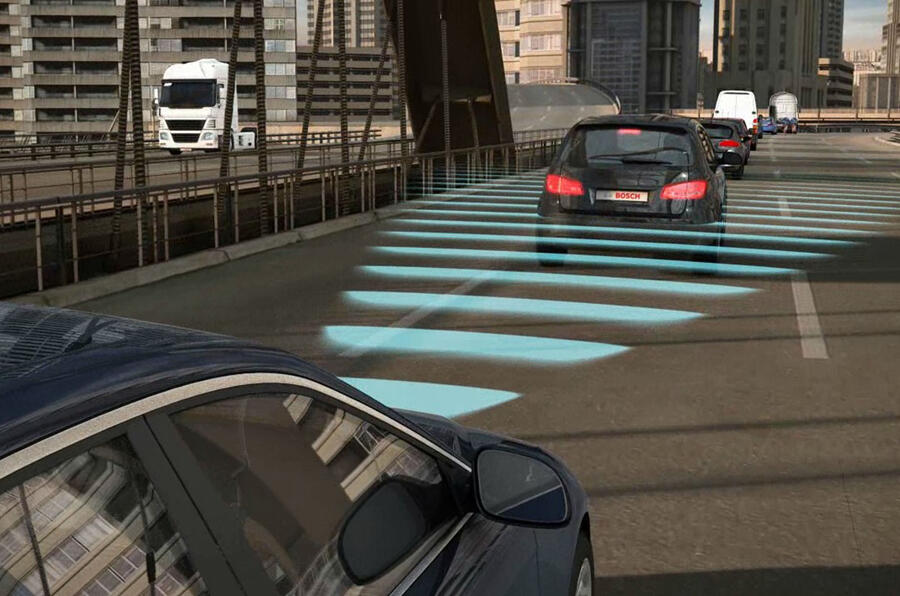
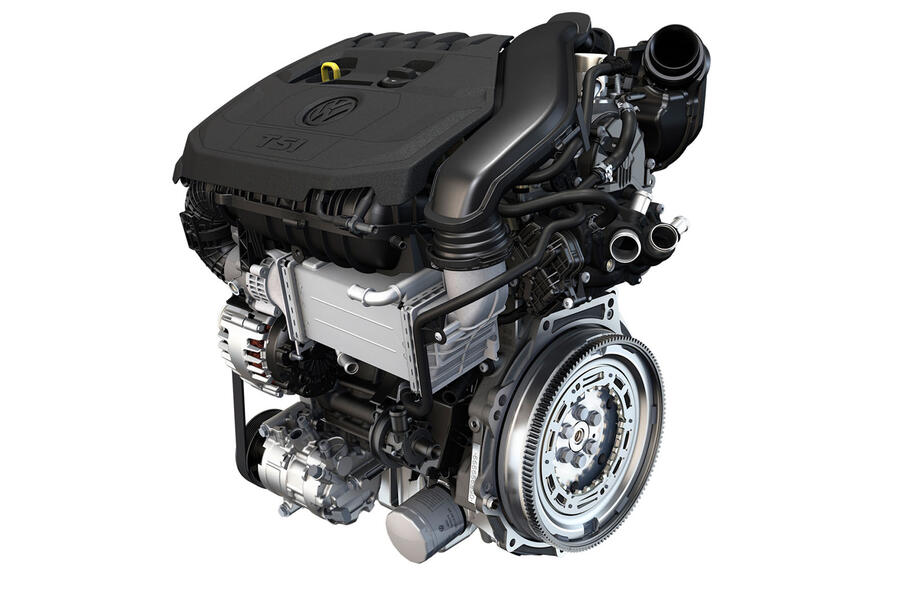

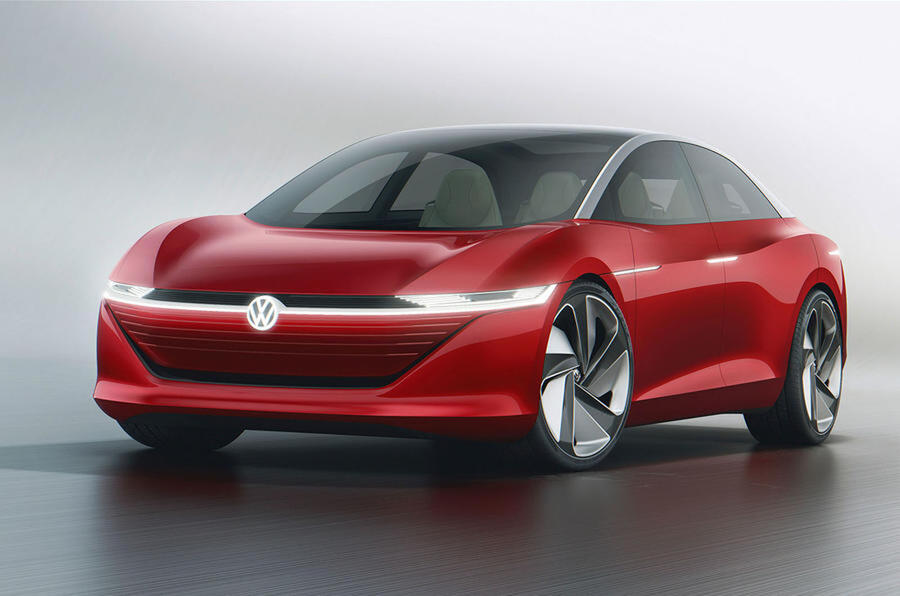
Add your comment